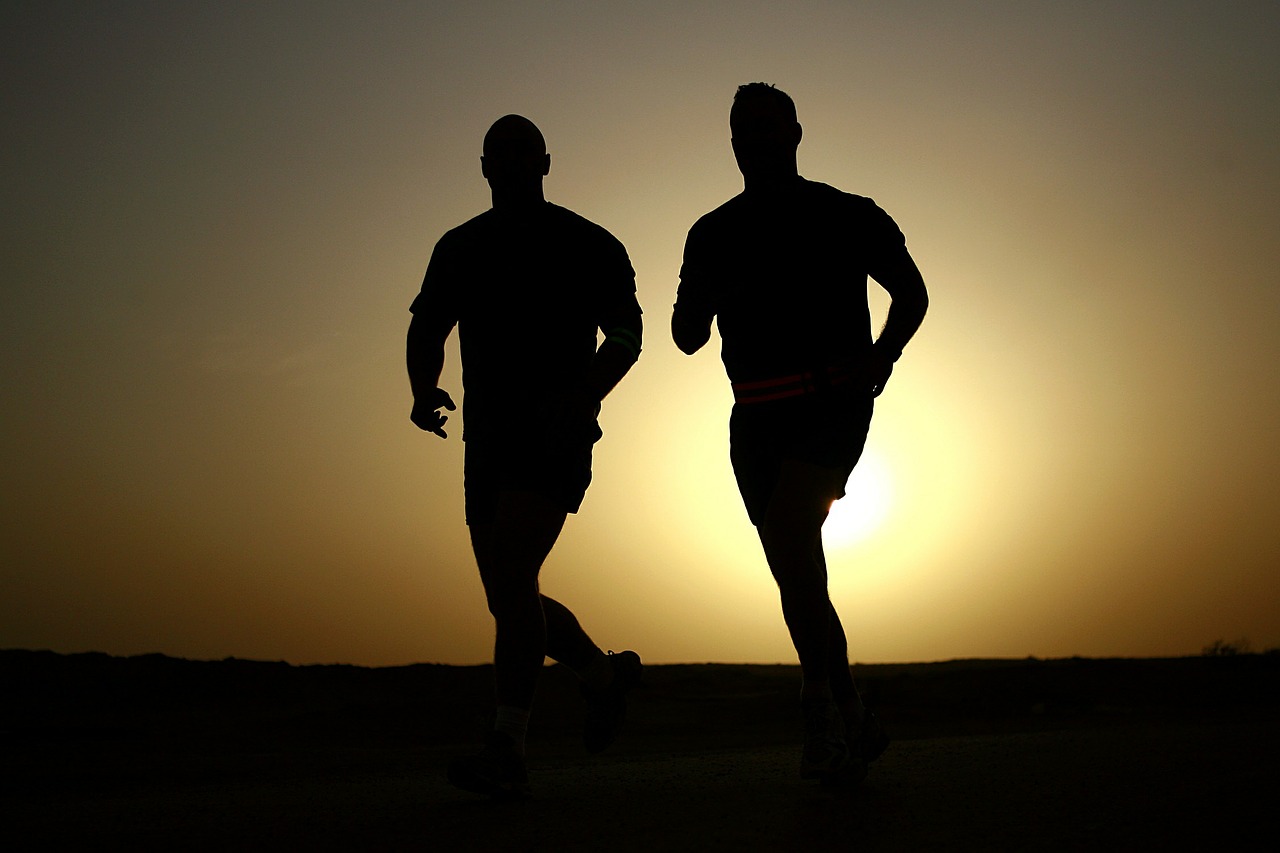Are you having difficulty peeing or getting an erection? It’s a good chance that your prostate is the cause. The prostate really needs to come with a lifetime warranty. However, the prostate tends to enlarge as we age, and is prone to prostate cancer. In Canada, 1 in 7 men will develop prostate cancer in their lifetime and 1 in 27 will die of it. This is why all of us guys get to turn our head and cough at our doctor’s office once we are 50 years and up!
The prostate gland wraps around your urethra shortly after it leaves your bladder. When the prostate enlarges it begins to squeeze your urethra making urination more difficult. All men are prone to prostate enlargement as we age, called Benign Prostatic Hypertrophy (BPH). The result is difficulty emptying your bladder, weaker urine stream, and waking up more frequently to pee in the night. Erectile dysfunction is also a possible sign of prostate enlargement. Sorry guys, this will happen to us all; it is just a matter of when and how severe.
How do we maintain optimal prostate health to delay and slow prostate enlargement, as well as prevent prostate cancer?
Good nutrition and exercise are the foundation of good health so let’s start with those.
Eat a diet focused on whole plant-based foods. Make sure you eat plenty of cruciferous vegetables (broccoli, cauliflower, kale) for their sulforaphane glucosinolate (SGS) and plenty of tomatoes for their lycopene. I have seen several patients who switched to a balanced vegan diet and their PSA numbers dropped.
For exercise, move your body every day for 45 – 60 minutes of moderate exercise or 30-45 minutes intense exercise (where you cannot talk in full sentences at the same time). This will also benefit your heart. Walking is a great form of exercise. However, for bone health make sure you mix in some weight lifting or resistance exercise. Limit or avoid exercises that pound your perineum, such as downhill mountain biking. And, if you love downhill biking and refuse to ride less, make sure to wear padding and mix up your types of cycles to less jarring forms.
For BPH, start with the herb saw palmetto and zinc. Foods rich in zinc include pumpkin seeds and oysters. There are more natural remedies for BPH, but this is a solid starting place along with nutrition and exercise.
For prostate cancer prevention, it goes back to diet first. Eat less cholesterol-rich foods like eggs (which are #2 highest in cholesterol after brains). Limit your sugar intake because prostate cancers are very sugar sensitive – like kids (and so many of us), they crave sugar and go bonkers if they get it. So limit your sugar intake and aim to eat no refined sugars and flours. Eat plenty of omega-3 fatty acids, which are mainly found in fresh-water and small oily fish. Vegetable sources include walnuts, hemp hearts and flax seeds. Two herbs to start with and that have good evidence for their efficacy are green tea extract and curcumin (the active ingredient in turmeric).
Finally, a clinical pearl of wisdom learned from Dr. Robert Abell, ND, is to get the lead out of our bloodstream. He found in his male patients with prostate conditions that did not respond well to our usual natural therapies that many of them had a burden of lead accumulated in their prostate. We are all exposed to trace amounts of lead (and other toxic metals) every day through food, water and air. How much depends on where you live. Here in beautiful Vancouver, we see low but consistent lead and mercury exposure in everyone we have tested. Not everyone will accumulate these toxic metals, but some of us do and glands like the prostate are particularly vulnerable. To test for lead, a urinary test needs to be done by a certified Naturopathic Doctor. High levels of lead can be removed through a treatment called chelation therapy, and only a minority of NDs are trained in this therapy, such as one of our senior NDs, Dr. Patrick Callas.
If you suspect that you are having problems with your prostate, or just want to be proactive in preventing any prostate woes for yourself, please book in to see Dr. Patrick or one of our other ND’s Empower Health Clinic.
|
|
References:
The Burden of Prostate Cancer in Canada – https://www.ncbi.nlm.nih.gov/pmc/articles/PMC2698782/

